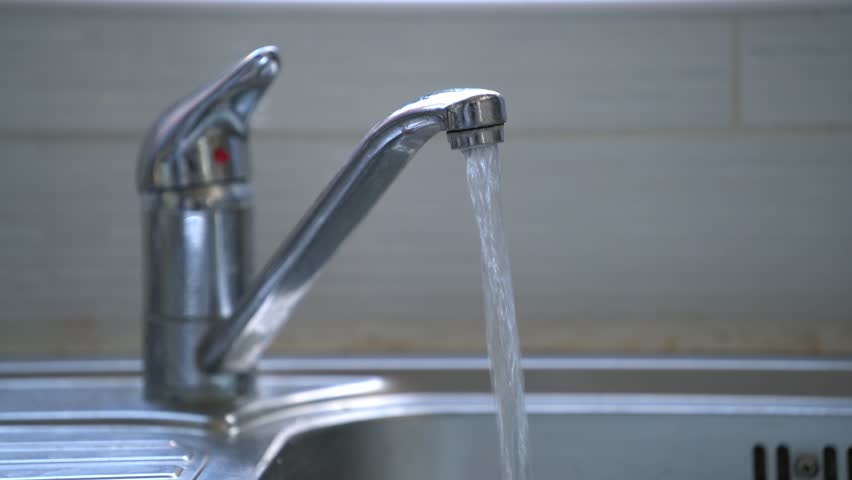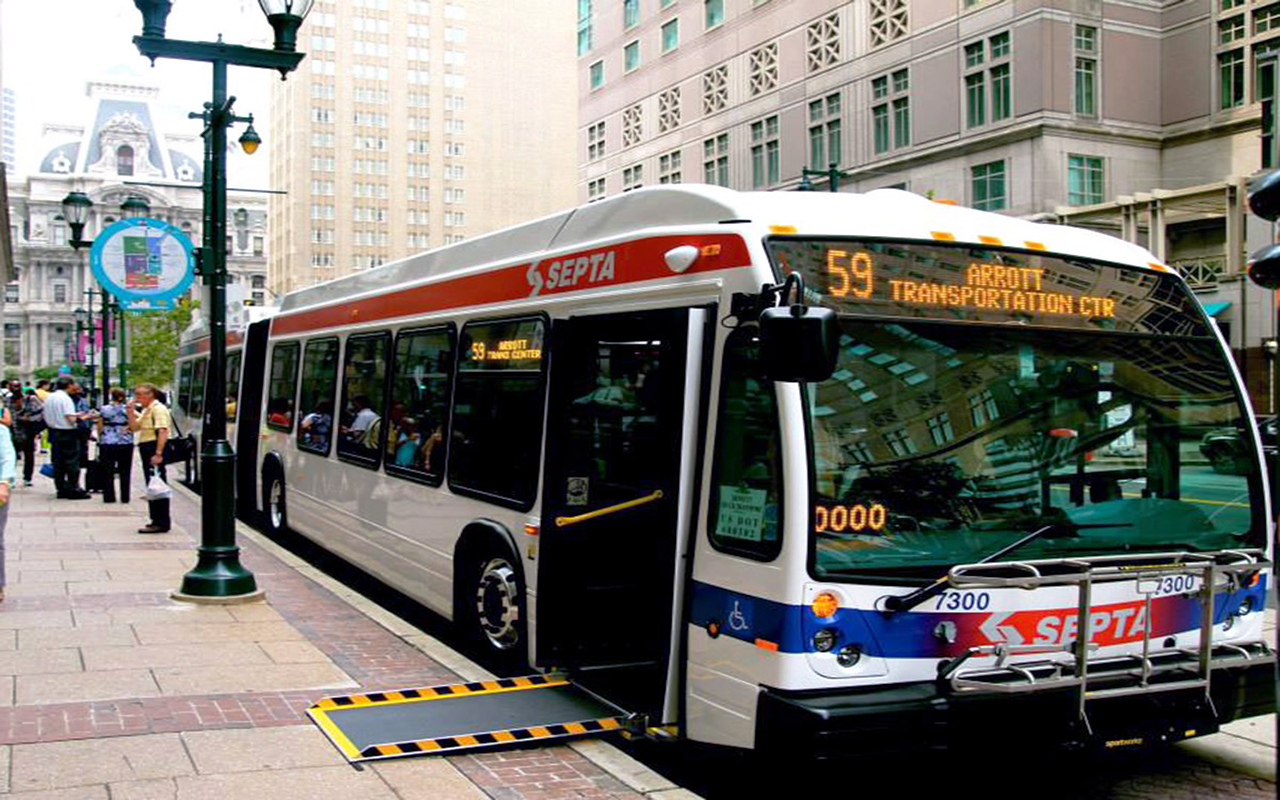
New program aims to help low-income Pennsylvanians pay their water bills
The Low Income Household Water Assistance Program (LIHWAP) will provide grants to help those with past-due water bills, terminated or imminently terminated…
The Pennsylvania Department of Human Services (DHS) and the Public Utility Commission (PUC) have partnered to launch a new program to help Pennsylvanians with low-income maintain access to water services.
The newly-launched Low Income Household Water Assistance Program (LIHWAP) was established through the American Rescue Plan Act and the Consolidated Appropriations Act of 2021, and is part of the nation’s continued response to help families experiencing financial challenges due to the ongoing COVID-19 pandemic.
Assistance for LIHWAP is available for families who have past-due water bills, had their service terminated, or received a notice indicating that their service will be terminated within the next 60 days.
“Many of us take for granted the ability to turn on our taps when we brush our teeth or wash our hands or make a meal, but water is foundational to our lives and clean drinking water and access to wastewater services are essential to help families stay healthy and live safely in their homes,” said Meg Snead, DHS Acting Secretary, during a press conference announcing the new program.
Households may be eligible to receive LIHWAP grants for both drinking water service and wastewater service. Grants are issued directly to water service providers, and families must meet income requirements.
For a household of one, the maximum annual income is $19,320; for a household of two, the maximum annual income is $26,130; a household of three must have a maximum annual income of $32,940 and so forth. For each additional household member, another $6,810 is added to determine the maximum annual income to meet the requirements.
As part of a new campaign, #CallUtilitiesNow, PUC is encouraging consumers to learn more about LIHWAP and other programs aimed to provide help and resources to those who are struggling.
“We know that there are households across the state facing the uncertainty and the stress of worrying about their utility bills, including some who've never had to experience these problems before,” said PUC Chairman Gladys Brown Dutrieuille.
“Direct conversations between consumers and utilities about the eligible programs are the best first step that any Pennsylvania household or business struggling to keep their utilities on can take,” she continued.
RELATED CONTENT
Brown Dutrieuille also encouraged Pennsylvania residents to call their electric, natural gas and all other utility companies to get informed about available options.
As part of the American Rescue Plan Act and the 2021 Consolidated Appropriations Act, Pennsylvania received approximately $43.2 million to assist families who have lost or are at risk of losing water service in their homes.
Applications for LIHWAP opened Tuesday, Jan. 4. Pennsylvania residents can apply online, via paper application, by phone or in person at your local county assistance office.
To apply or learn more information about the program or eligibility, click here.

This article is part of Broke in Philly, a collaborative reporting project among more than 20 news organizations focused on economic mobility in Philadelphia. Read all of our reporting at brokeinphilly.org.











LEAVE A COMMENT:
Join the discussion! Leave a comment.